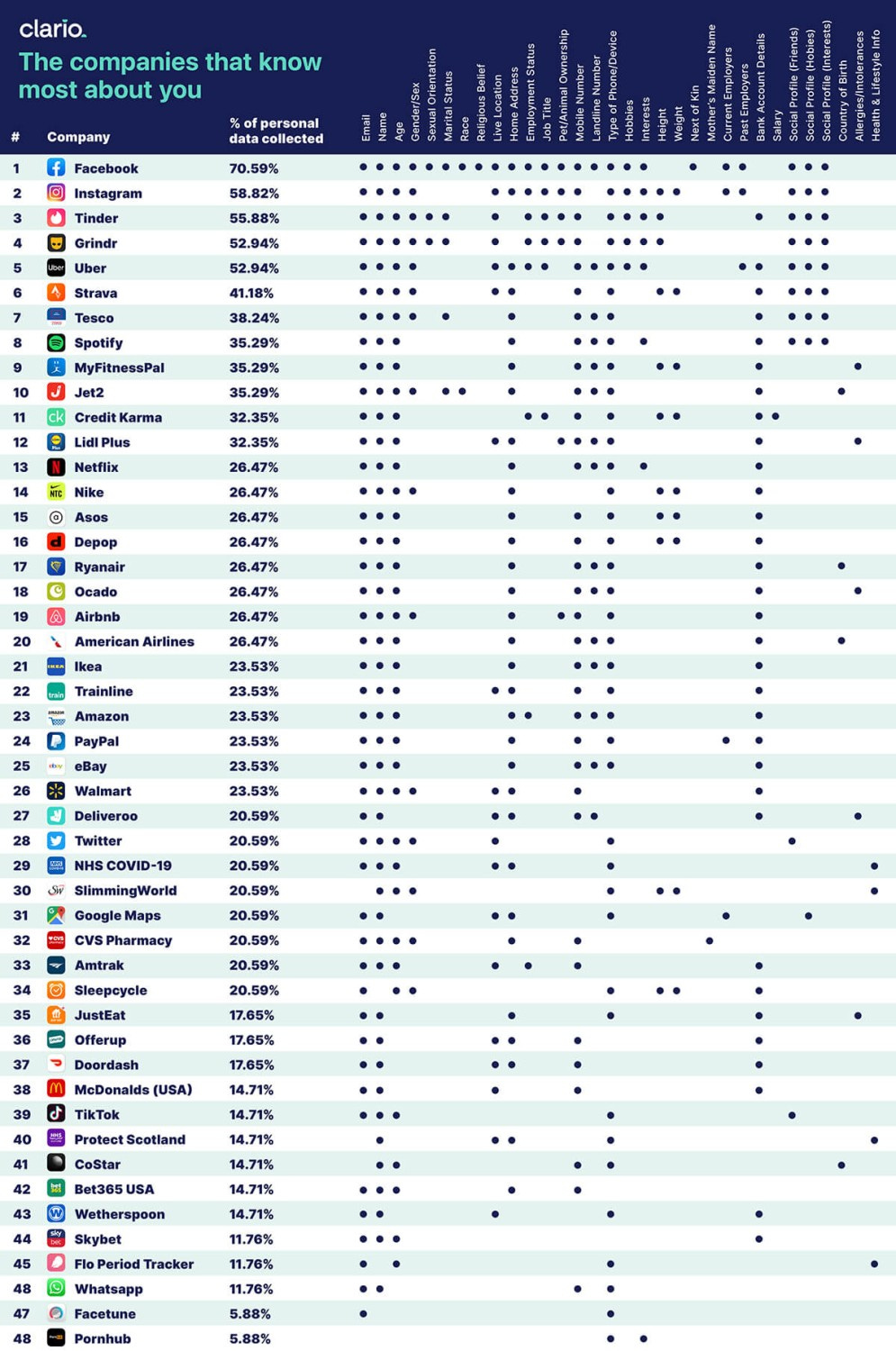Long Take: The AI cluster running on top of the Internet has data mined you, and has some deep fakes to sell you
Hi Fintech futurists --
This week, we look at:
Deep Fakes behind South Park creators' new parody, Sassy Justice
The AI-created author of the fake Hunter Biden intelligence report
GPT-3 winning the love and attention of people on Hacker News
How should we react to these robots and their desire to mess with our minds
For more analysis parsing 12 frontier technology developments every week, a podcast conversation on operating fintechs, and novel food-for-thought essays, become a Blueprint member below.
Announcements
Posting a few open ConsenSys roles for which we are recruiting.
Long Take
Can you think about anything other than the election!? It's tomorrow, tomorrow, tomorrow!
Maybe you are obsessing over the renewed lockdown. In London, it's coming, coming, coming!
Let's not fret too much about the things we can't control. The Earth spins, the winds blow, we take one step at a time. That step builds moment upon moment, forming your internal narrative about what the world is like. Take those moments to practice philosophy, experience the aesthetic, and be with your family, and all of a sudden your story becomes about a creative, grounded practice. It is not just about the winds outside.




This is timeless, this whiplash we are in. From the Wave by Hokusai (1840s), to Rembrandt (1633), to Edward Wadsworth (1919), to Holger Lippmann (2019), we have remarked on the unstoppable elements.
But we have conquered the natural world! We have tamed it, domesticated it, and eaten it. What then remains to create calamity, one may ask?
Why, the calamity is us! We spread, and we etch our human mana by the billions into the cave walls of technology.


The table above shows which technology companies collect the most data on human beings, and write them into our collective experience (link here). Let's list out the variables: email, name, age, gender, sexual orientation, marital status, ethnicity, religion, location, address, employment status, job title, pets, phone, device version, hobbies, interests, height, weight, next of kin, mother's maiden name, current employer, past employers, bank accounts, salary, social graph, country of birth, allergies, medical information, lifestyle.
This is what we write on the Facebook wall about ourselves, and this is what our super-computers use to construct both the simulacra of us, and the virtual environment which we inhabit. Tristan Harris of the recently released film Social Dilemma discusses succinctly how on the other side of our monitors is a data center with the knowledge of all humanity, and a cluser of super computers. It wins by entrapping our brains in a chemical feedback loop, and tugging it to radical edges (i.e., Flat Earth, Qanon). It wins by generating a hundred billion in digital advertising revenue.
The Application of Artificial Intelligence
Sometimes, the outcomes look silly. Check out the digital sketch below from the creators of South Park, called Sassy Justice.
The film makers created a deep fake visual studio, using neural networks to render familiar faces on caricatures. From Donald Trump as a local reporter, to Mark Zuckerberg as a discount dialysis dealer, we see the application of industrial artificial intelligence to creative ends. The absurdity is the goal in itself.
Sometimes, the misinformation has effects that are hauntingly real. For example, one of the vectors of attack on Joe Biden has been an "intelligence report" about Hunter Biden's ties to China. It was discovered that the intelligence was false, the firm generating the report did not exist, and the author of the report was an avatar hallucinated by an AI.

Christopher Balding, a Twitter personality and former professor of Fulbright University Vietnam, gave the information power by affirming it publicly and validating it socially. He has since been fired, as was his co-collaborator at Apple Daily. We don't have to go into plotting out how such information flows into the Twitter-sphere, and is spread into communities that already hold partisan or radical views -- a picture showing a web of propaganda bots suffices.

And sometimes, the applications are extremely practical. A writer was able to use GPT-3 (see our earlier analysis), which is the natural language generation equivalent of the deep fake imagery above, to be on the Hacker News front page 5 times in 3 weeks. This resulted in dozens of thousands of website visitors and engagements.
GPT-3 works by pulling in a few data examples to orient the language model towards a specific prompt. Having already ingested the entire Internet, the model is able to use words and grammar seamlessly. The writer was able to point it at viral headlines on the news aggregation site as an output, and provide article summaries as an input. The AI went to work on the human mind, and delivered results. The whole process is worth a read to understand the future workflow for writing and persuasion.

To us, this suggests that machines will render not just simulations of people as the Social Dilemma describes, but also the simulations of the environments which they inhabit. This can be done by data-mining existing information on the web. Scientists believe that our brains are constantly reconstituting reality against modeled predictions, and checking those predictions against sensory information. Our conception of ourselves, as well as that of "the economy", "the polity", and various other intra-organism groupings -- as well as our place within them -- can also be modeled by math, because they arise from our brains in the first place.
And if we can simulate the competition, for resources or attention, we can take actions that help us win that competition by picking strategies most likely to work on others.
Implications for Finance
The capital markets are a particular beast of financial data and the animal spirits. Our world of late has transformed them beyond our comprehension. Run by industrial high-frequency-trading robots, powered by massive data centers and arcane mathematics, the markets slosh around like a shouting match between starving Titans.
The American election is almost here. Will that create stability or tidal waves? A thousand variables will scatter in the wind, each correlated and inversely correlated to the opposite of what you think. Do not game the election. Watch it wash over you and away. Put away Robinhood -- that is just another Instagram on top of your money. Think about what your finances look like in twenty years, not in twenty days.

The crypto markets then maybe? Unlike equities, the crypto markets were born from machines, and are constructed from code. Hold dear the tokens in which you believe, and stay away from the stories of easy money. Nothing is easy. To win Russian roulette is not good fortune. It is, instead, a grave mistake to play a lethal game. Have you nothing to lose?
And then Brexit. And then Taiwan and China. And then Covid, again. And then, who knows.
From now on and forever, your counterparty is the data center running an AI cluster on top of the Internet. The data center that has already profiled you and knows everything about you. Bring the tinfoil hat.
Don't trust the robots, and don't take their gifts. We have etched them into silicon. If only there was something to wash them away. But there is no reset button, only vigilance and care.

For more analysis parsing 12 frontier technology developments every week, a podcast conversation on operating fintechs, and novel food-for-thought essays, become a Blueprint member below.
